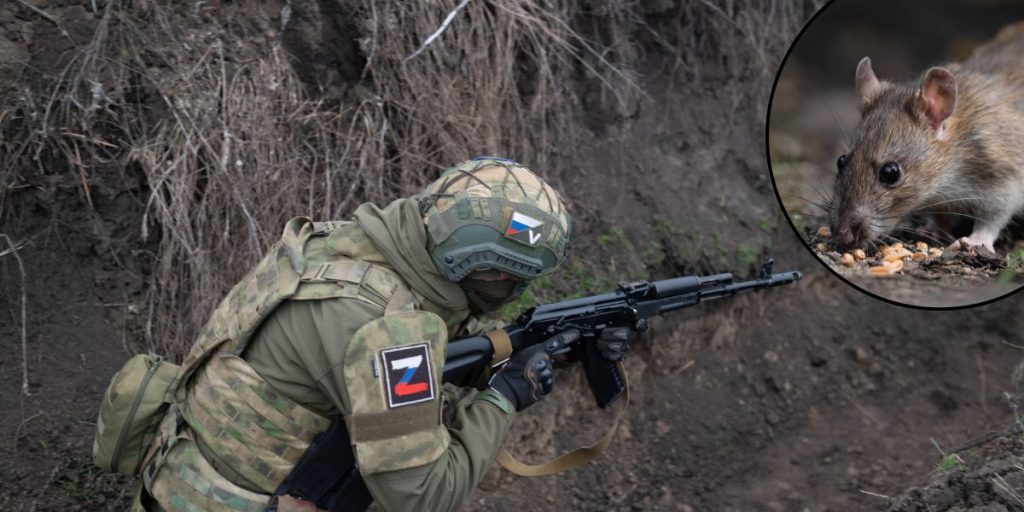Akhmat Battalion, a Chechen special forces unit known as Russia’s “TikTok soldiers,” has been struck by hantavirus.
Others are reading now
Akhmat Battalion, a Chechen special forces unit known as Russia’s “TikTok soldiers,” has been struck by hantavirus.
‘TikTok soldiers’ hit by rodent-borne outbreak
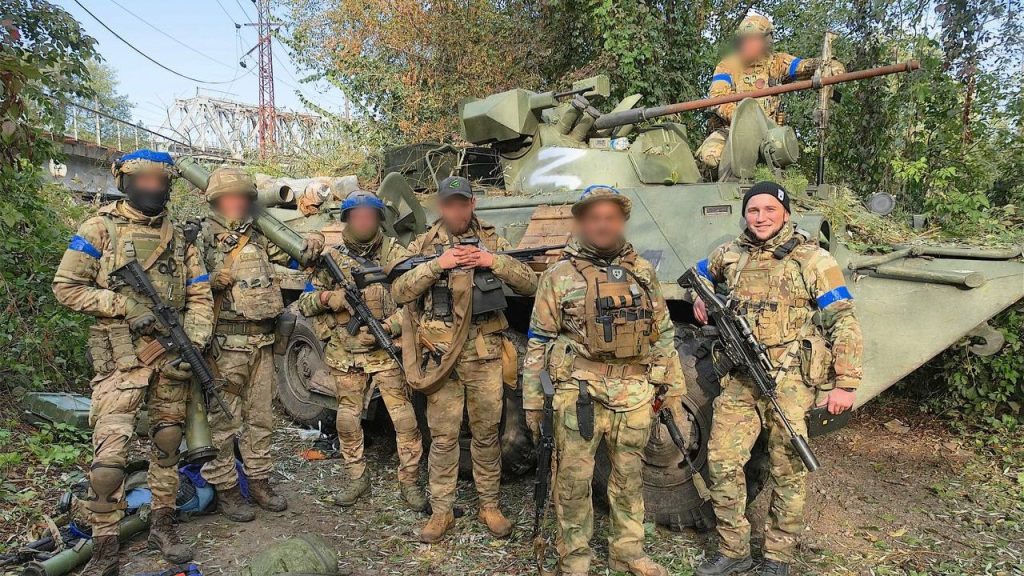
The illness, nicknamed “mouse fever,” is linked to contact with infected rodent droppings, urine, or saliva.
Reports say at least three fighters have fallen ill, raising fresh questions about field hygiene and force readiness.
What the virus does to the body
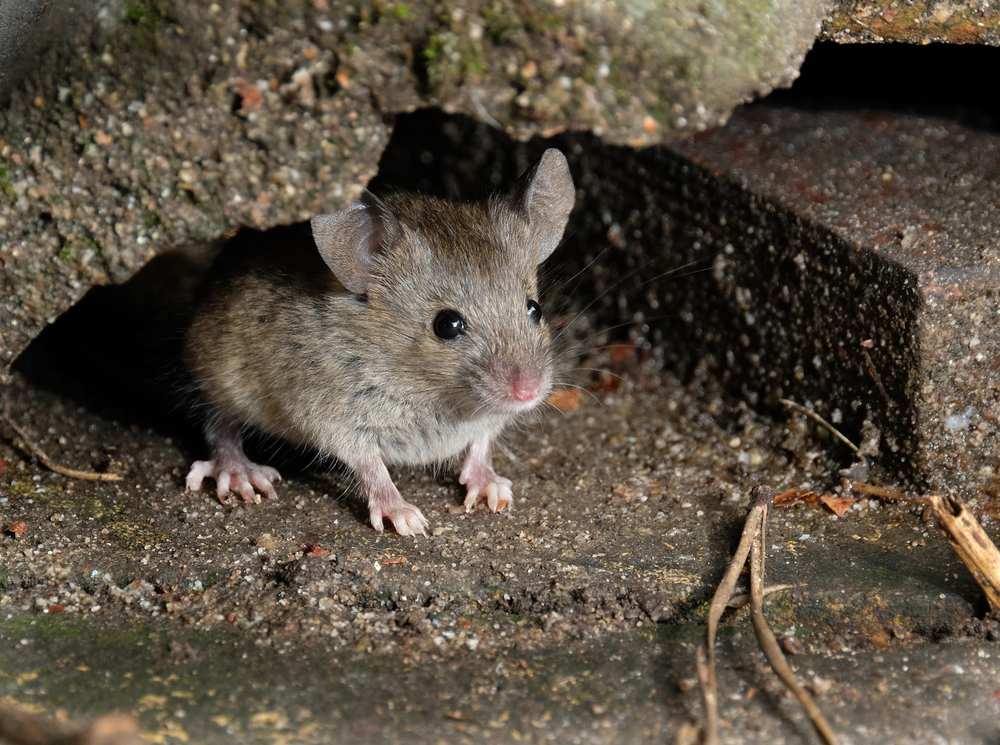
Hantavirus can cause Haemorrhagic Fever with Renal Syndrome (HFRS), which often begins like the flu.
Symptoms can escalate to high fever, severe abdominal pain, and dangerously low blood pressure.
Also read
In the most serious cases, bleeding from the eyes and acute kidney failure may occur, and the disease can be fatal.
How lethal is it and how it spreads
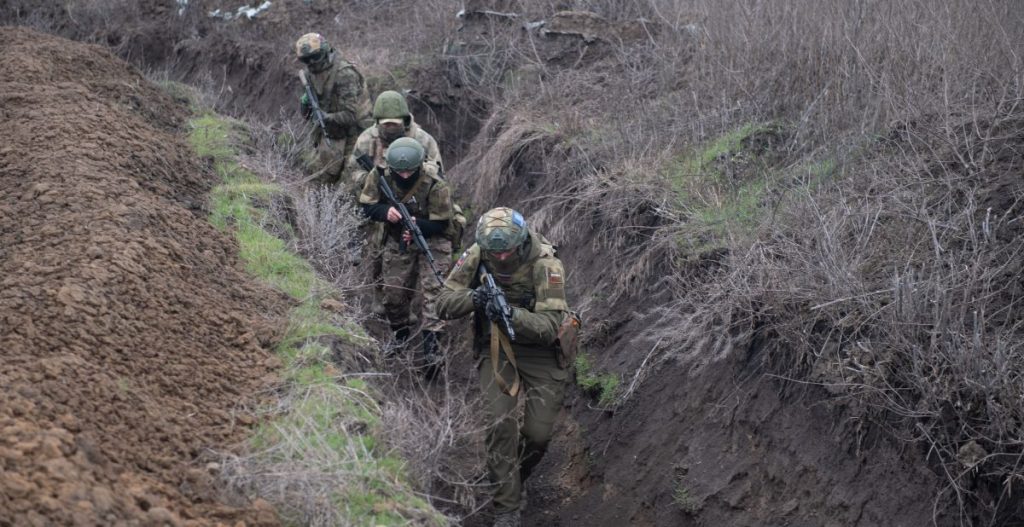
The fatality rate can reach up to 38 percent, depending on the strain and care.
It is not transmitted person to person in these settings; exposure comes from rodents and their waste.
That makes overcrowded, unsanitary positions a major risk factor for soldiers on both sides.
“Mice are everywhere” inside forward positions
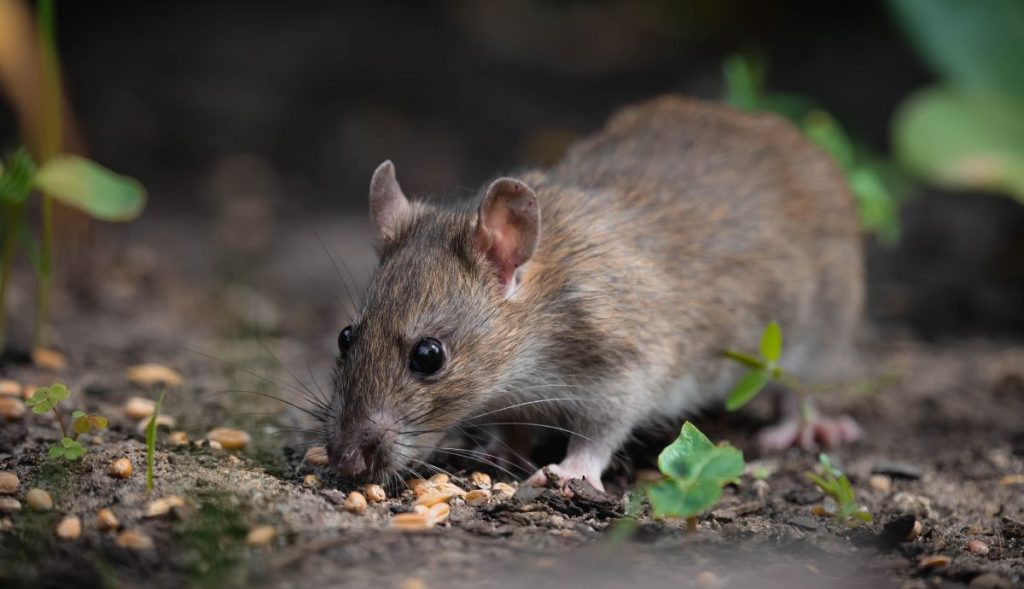
A unit medic using the callsign Shama described a grim routine amid an infestation.
Also read
“Mice are everywhere. We wake up because they run across us,” she said, noting three confirmed cases.
The disclosure points to a wider infestation problem that can be hard to control in field bunkers.
Where it’s happening
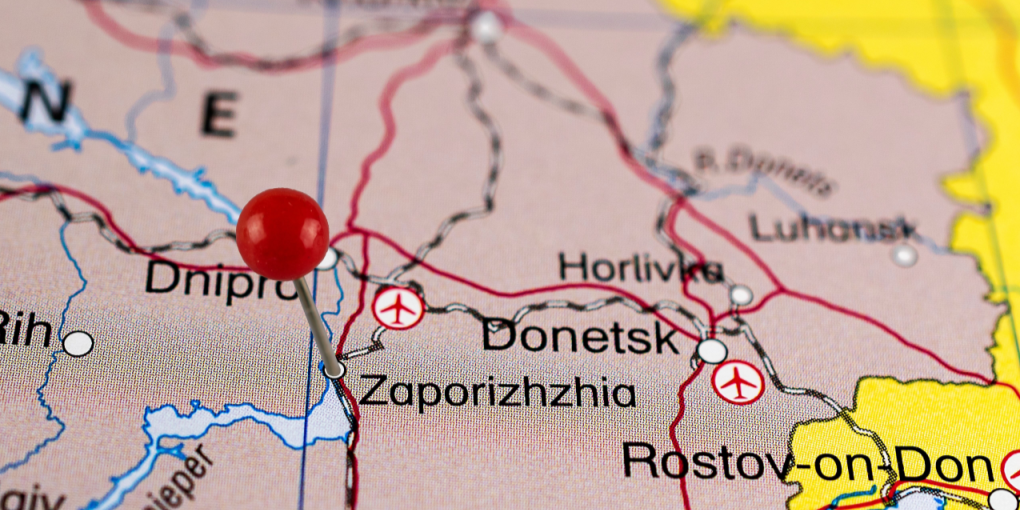
The affected detachment is stationed near Zaporizhzhia in southeastern Ukraine.
Officials have not confirmed the total number of infections or how far the virus has spread.
For now, the outbreak appears localised, but conditions suggest further cases are possible.
Also read
Not the first time Russian units faced “mouse fever”
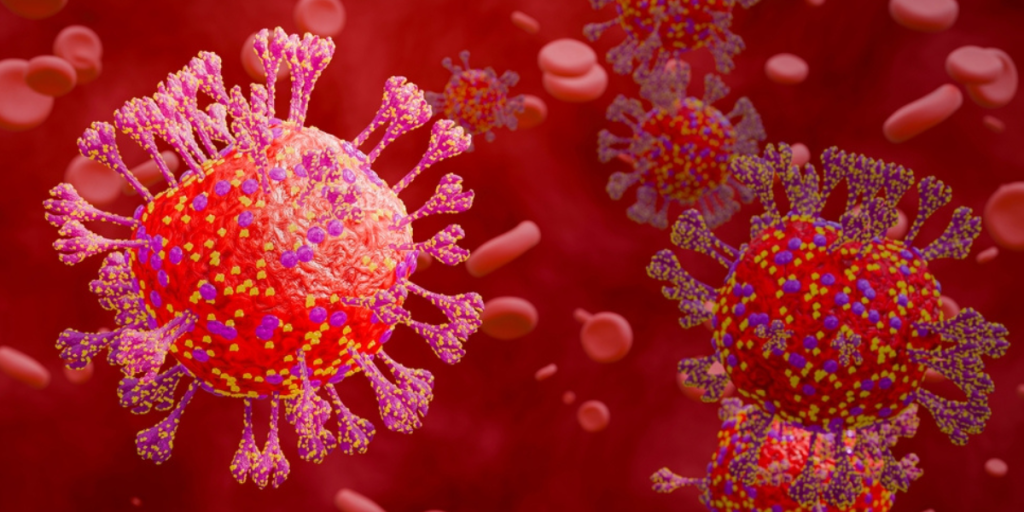
In 2023, Russian troops around Kharkiv reportedly saw a surge in infections.
Ukraine’s military intelligence directorate said the virus was “mowing down” Kremlin forces “en masse.”
The pattern suggests recurring health threats tied to entrenched positions and poor sanitation.
Who is the Akhmat Battalion?

The unit has been active since shortly after the full-scale invasion of Ukraine.
It is widely known for stylised combat clips that boost Chechen leader Ramzan Kadyrov’s propaganda.
Also read
Critics say the battalion’s PR eclipses its battlefield record, fuelling the “TikTok soldiers” label.
Allegations and shifting roles after Wagner
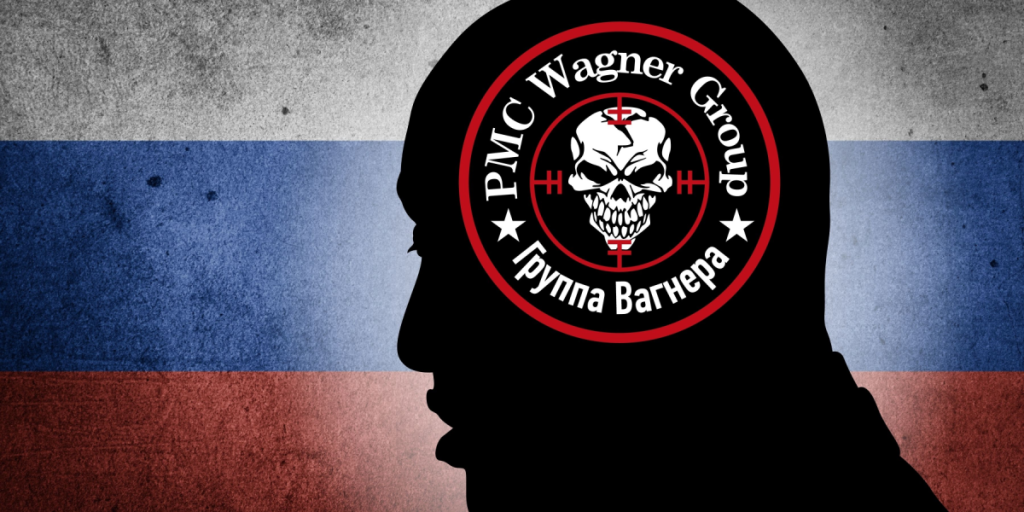
Akhmat fighters have faced accusations of war crimes, including the torture of Ukrainian civilians.
They have reportedly assumed roles once filled by the Wagner mercenary group.
Those claims add to scrutiny as the unit now contends with a health crisis of its own.
Treatment limits and narrow vaccine options

There are no specific antiviral treatments for hantavirus infections.
Also read
Vaccines exist, but approvals are limited to South Korea and China and target particular strains.
That leaves prevention, rodent control, sealed food, and cleaner shelters—as the main defence.
Why this matters beyond one unit
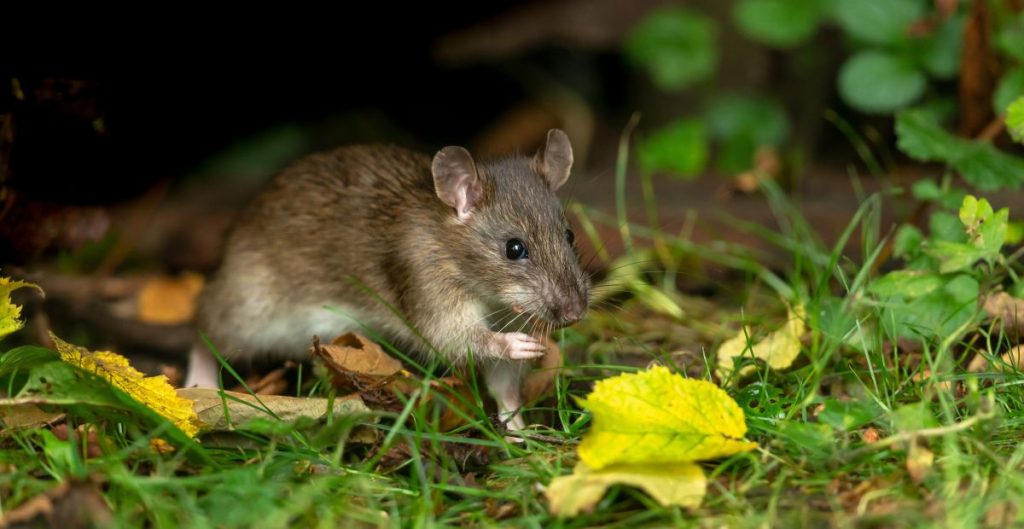
Hantavirus is most common in rural parts of Asia, where rodents thrive near human activity.
Frontline camps with poor sanitation give the virus more chances to spread.
Outbreaks can sap manpower, slow operations, and force commanders to divert resources to basic hygiene.

